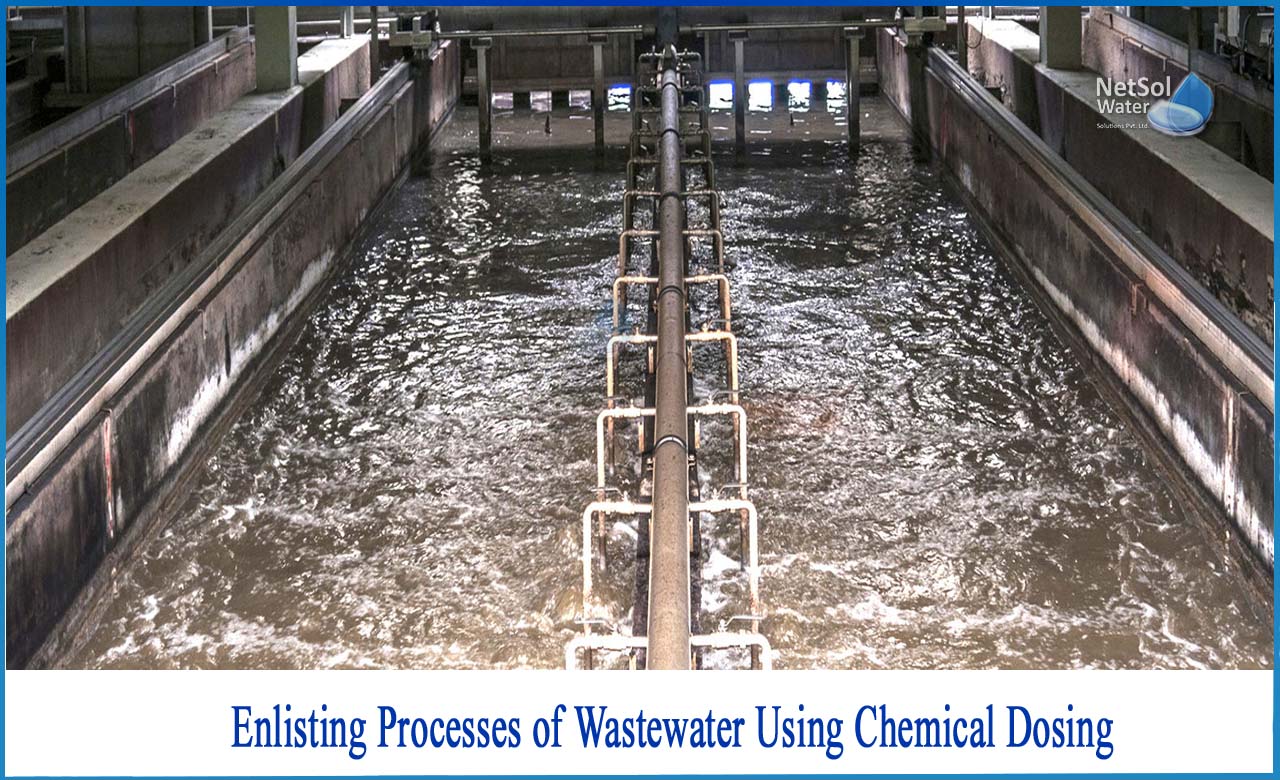How many processes of Wastewater using chemical dosing?
There are numerous steps involved in wastewater processing, but one of the most important is the use of a chemical dosing system. A chemical feed station delivers a chemical substance into sewage, sludge, and foul water in this system. Pumping systems like these at wastewater treatment plants typically consume between 10% and 15% of the plant's energy, making this a critical component of wastewater treatment systems.
If you understand why chemicals are used in the treatment systems, you will have no reservations about injecting chemicals into wastewater.
Flocculation and Coagulation
Coagulation is the process of adding chemicals to encourage smaller, non-settleable particles to combine to form larger, more settleable or floatable particles. Because of their similar electrical charges, these particles naturally repel one another. This keeps them apart and in a state of constant suspension. Coagulant chemicals, such as calcium hydroxide and magnesium hydroxide, work to neutralize the electrical charge of the particles, causing their suspension to become unstable.
Flocculation is nothing more than the formation of larger particles from coagulated matter. Typically, the system gently mixes the matter to encourage further particle contact. For the flocculation process, chemical feed stations typically use synthetic organic polymers.
Sludge Conditioning and stabilization
Coagulant and flocculant chemicals also aid in sludge conditioning. These chemicals emit electrostatic charges that bind separate sludge particles together. By joining together, the particles release the wastewater contained in the sludge and leave a more concentrated sludge mass behind.
While sludge conditioning is necessary for successful dewatering, sludge stabilization works to reduce the possibility of further biological decomposition of the sludge. In wastewater treatment, this decomposition is typically what causes offensive odors. Chemical feed stations can add chemicals that inhibit biological activity, thereby stabilizing the sludge. Lime is frequently used in treatment systems to stabilize the particles.
Disinfection and Removal of Nutrients
Water treatment products add chemicals to the treated wastewater before it is discharged to the receiving stream to inactivate any pathogens in the water. This step is critical for the health of anyone who uses this water. Typically, systems use bromine, chlorine gas, sodium hypochlorite, or ozone to disinfect wastewater.
While nutrients may appear to be a beneficial element in water, systems must use chemicals to remove harmful nutrients before wastewater is discharged into the receiving stream. Phosphorus is a nutrient that is typically removed by systems using chemicals such as aluminum or iron salts. These chemicals react with the phosphorus to form a new compound, which settles out and is removed along with the waste sludge.
Chemicals for cleaning and degreasing
Water in a wastewater treatment plant contains oil and grease residue that must be processed before being released back into the environment. Solvent chemicals can aid in the breakdown of grease, making it easier to remove.
Process of Chemical Oxidation
Chemical oxidation is a process used in wastewater engineering to convert pollutants into less harmful compounds. This contributes to the purification of surface waters. To reduce the impact of hydrogen peroxide, chlorine antibiotics, and other compounds in the water, reducing agents such as sodium bisulfite, sodium hydrosulfite, and other chemicals are used.
Defoamers and Antifoams in Wastewater
A defoaming agent is a chemical additive that aids in the reduction of trapped air and foam produced during the wastewater treatment process. Defoaming agents dissolve existing foam, while antifoaming agents prevent new foam from forming. The most common application of silicone is as a defoaming agent.
Netsol Water is Greater Noida-based leading water & wastewater treatment plant manufacturer. We are industry's most demanding company based on client review and work quality. We are known as best commercial RO plant manufacturers, industrial RO plant manufacturer, sewage treatment plant manufacturer, Water Softener Plant Manufacturers and effluent treatment plant manufacturers. Apart from this 24x7 customer support is our USP. Call on +91-9650608473, or write us at enquiry@netsolwater.com for any support, inquiry or product-purchase related query.



